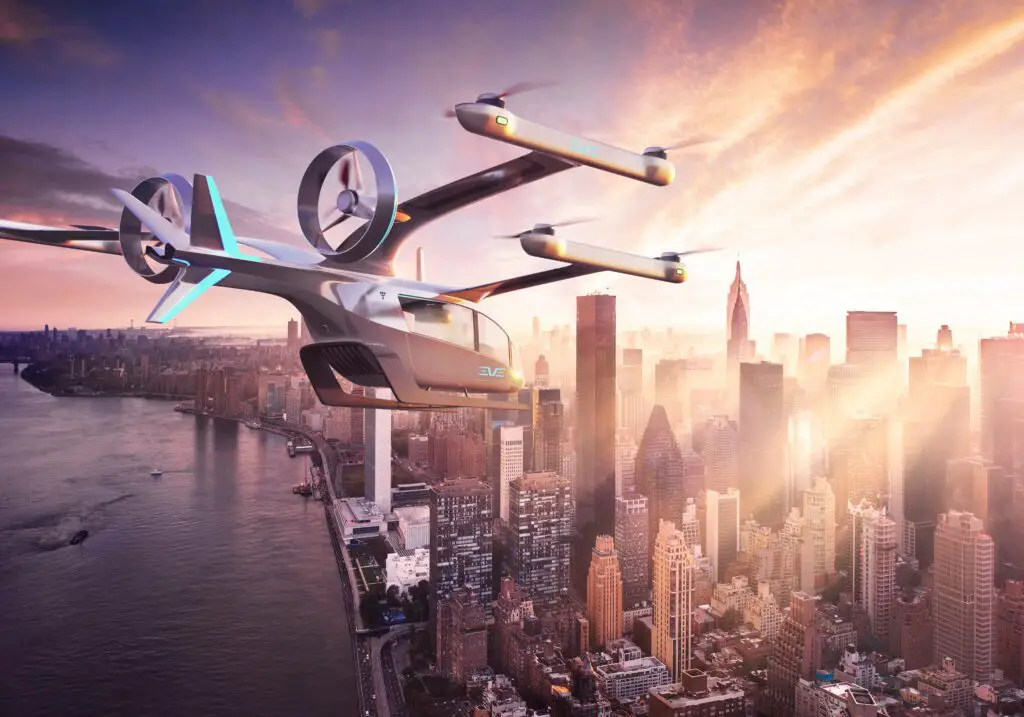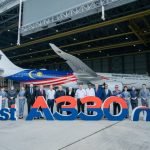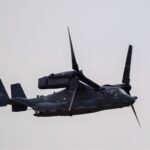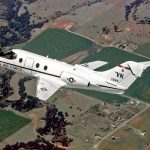The Embraer-owned company announced that it has formalized the process to obtain certification of its electric vertical take-off and landing vehicle – eVTOL – with the Brazilian National Civil Aviation Agency (ANAC). «In doing so, Eve has reaffirmed its commitment to ANAC. Hence demonstrating compliance with international technical standards and mandatory airworthiness requirements for eVTOL type certification,» they stated.
The company specialized in urban air mobility seeks to achieve «normal category» aircraft type certification. For this, they are considering the requirements established by the Brazilian Civil Aviation Regulation (RBAC). As they reported, with the support of ANAC Brazil, Eve will strengthen interaction with other aviation authorities to formalize the type certificate validation process worldwide.
«It is an important moment that demonstrates the company’s commitment to exploring the future of urban air mobility. The process aims to achieve the best safety standards to enable eVTOL access to the global market. From a regulatory perspective, there is a lot of work to be done. From aeronautical technology and the definition of the entire ecosystem. Brazil has the conditions and the commitment to meet this challenge,» said Roberto Honorato, ANAC’s Superintendent of Airworthiness.
For his part, Luiz Felipe R. Valentini, Eve’s Technology Director, stated that «the formalization of the eVTOL certification process is an important step towards the continuity of the discussions that have taken place between Eve and ANAC for the certification of vehicles for urban mobility. In addition to demonstrating Eve’s commitment to the development of the project, it allows the institutions to evolve in the definition of the requirements and means of compliance applicable to certification.»
To conclude:
The arrival of Eve’s first eVTOL is scheduled for 2026. It will serve one of the most interesting markets worldwide, given the large amount of demand for UAM in Brazil. The aircraft will be all-electric. It will provide efficient and comfortable transportation, with low noise levels and zero carbon emissions.














